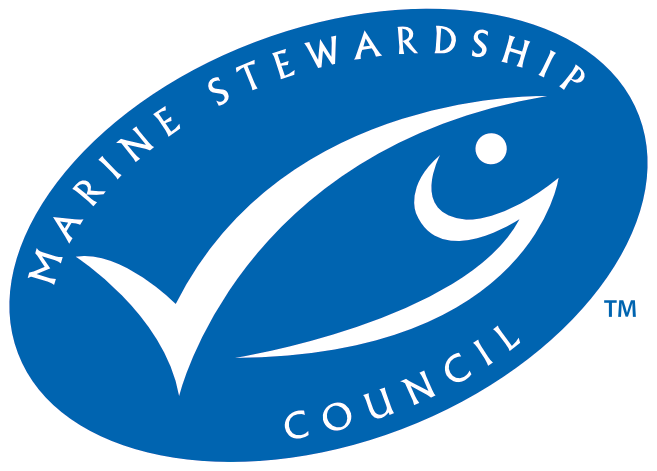
- Certifier :
- DNV
- Certified status :
- Certified
- Certified since :
- 26 Apr 2010
- Certificate expires :
- 13 Dec 2026
Overview
Fisheries are composed of one or more parts, each of which is entitled to receive an MSC certificate. These parts or “units” are defined by their target stock(s), fishing gear type(s) and if relevant vessel type(s), and the fishing fleets or groups of vessels.
When the term “Unit of Certification” is used for fishing units that are in assessment, it refers to the “Unit of Assessment” or “Unit of potential certification”. Expand a status below to view the parts that form this fishery. To check the detailed scope, download the latest certificate or open the Assessments page to get the latest report. Find out more by visiting our page on Fisheries
Catch by Species
| Species | Reported Catch Year | Metric Tonnes |
|---|---|---|
| Haddock (Melanogrammus aeglefinus) | 2022 | 88,865 |
Information is provided by an independent Conformity Assessment Body as live weight (the weight of species at the time of catch, before processing) and where a fishing season covers multiple years, the end year is given as the reported catch year. Additional information is available in the latest report, see the assessments page.
Eligibility, client groups and vessel lists
A fishery may choose to define the members of the fishery certificate. These members can be vessels or other client group members (e.g. companies that own vessels and/or companies that are named as eligible to handle certified product covered within the fishery certificate scope). Please refer to the fishery certificate statement on additional product specific eligibility criteria (e.g. product eligibility limitations, eligibility date, exclusive points of landing and the point where Chain of Custody certificate is required). Please consult the fishery Public Certification Report for product eligibility rationale.
| Documents | Published on | Files |
|---|---|---|
| Vessel List | 25 Mar 2023 | 1 files |
About this Fishery
Norway North East Arctic haddock consist of two fisheries which was first certified in April 2010 and recertified in October 2015.
The main fishing methods used are trawl, longline, gill-net, Danish seine and hook and line gears.
This haddock can be found throughout the North Atlantic Ocean (from Cape Hatteras on the east coast of North America to the Celtic Sea, south of Ireland).
Although the same species of haddock is found throughout this geographic range, it forms a number of regional and local populations. These are sufficiently isolated from other populations that they can be managed as separate stocks. The population found in the Barents Sea, north of Norway, is one such stock; for assessment and management purposes it is known as the North East Arctic haddock stock.
"Norway has a tradition for managing its fisheries in harmony with nature, and is internationally regarded as one of the world’s leaders in sustainable fisheries management. This is a story that we are proud to tell and the MSC-certification of Norwegian cod and haddock will strengthen this message. Third party verification on the message of sustainable seafood from Norway is a great way to ensure even more credibility in the market place for Norwegian suppliers" - Karin Olsen, Marketing Manager, whitefish, Norwegian Seafood Export Council (NSEC) (April, 2010)
Market Information
The fishery mainly sells to the European market.